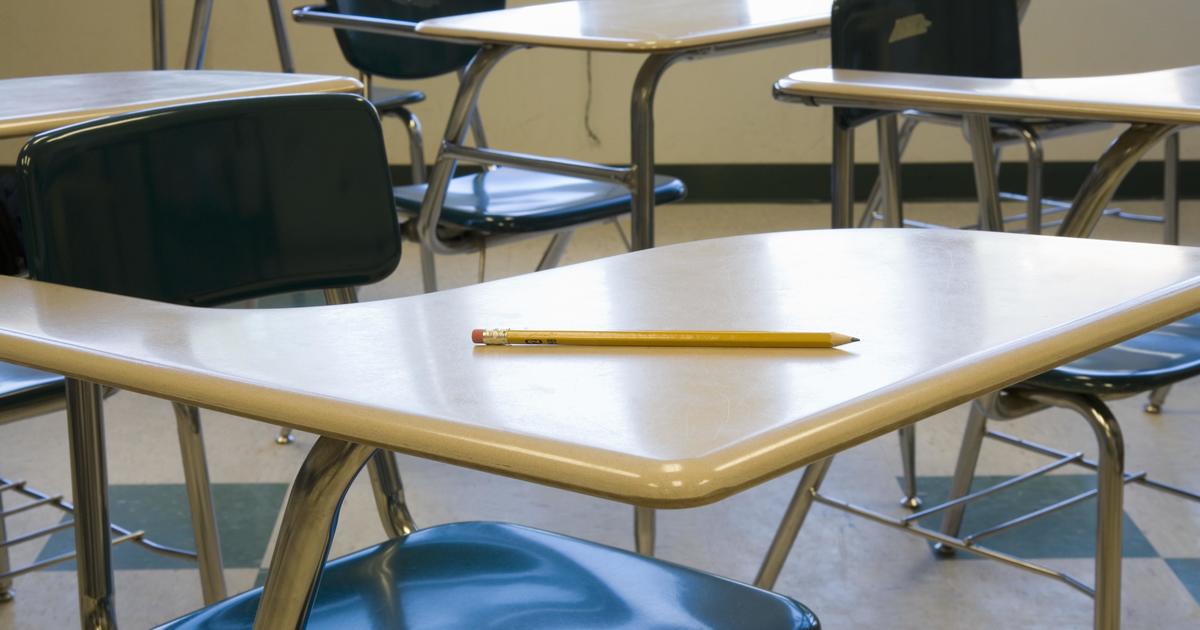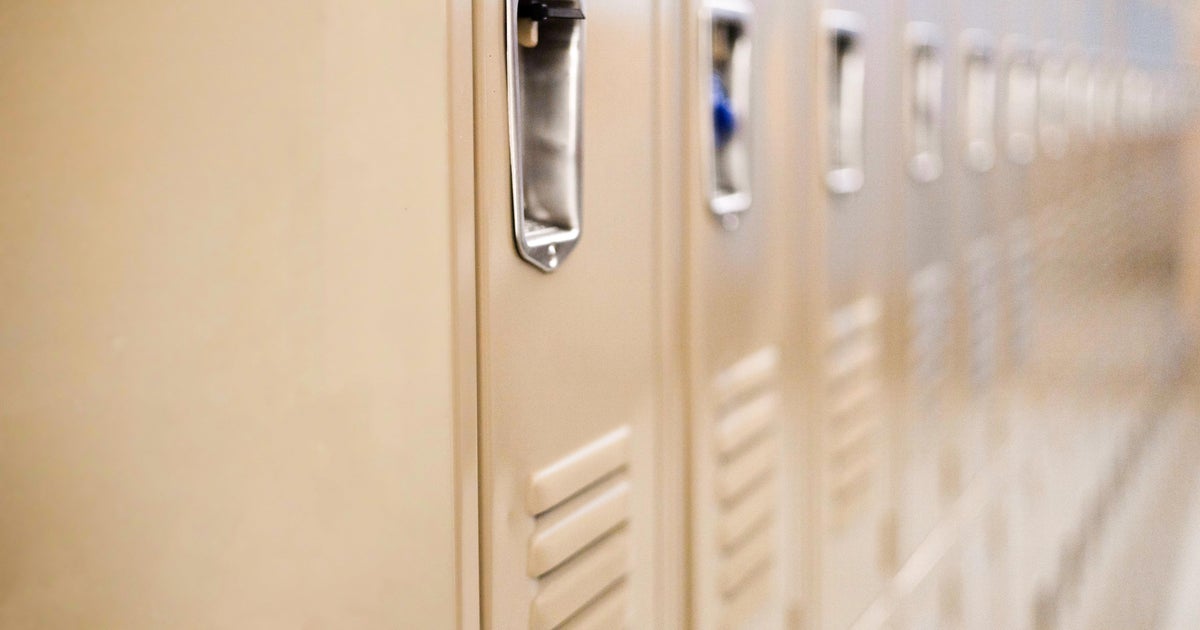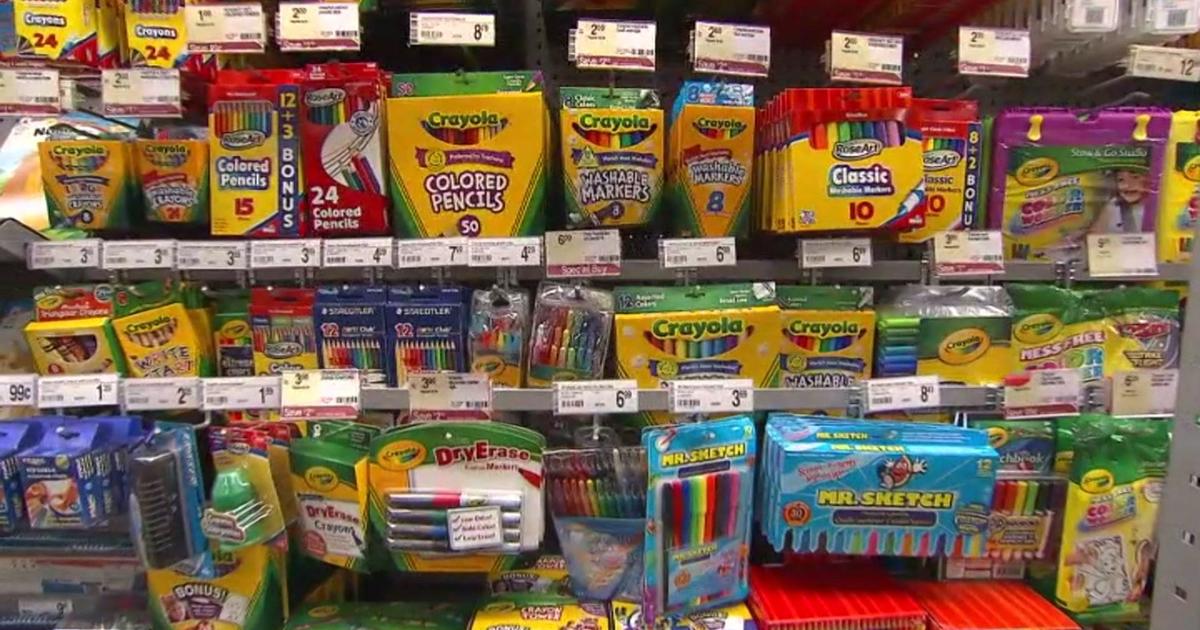College Students Weighing Pros & Cons Of Taking 'Gap Year' Due To Coronavirus
PITTSBURGH (KDKA) - The list of colleges and universities being forced to move their classes online due to COVID-19 outbreaks is growing quickly.
The resulting unknown of whether a student is going to have a successful college experience is prompting more families to consider a gap year.
A year away from the expense of college when that experience may not be what the family is paying for.
Bobbi Rebell is a Certified Financial Planner and the Personal Finance Expert for Tally. She says it's a real quandary for families.
"The choices are constantly changing as we are seeing because students are coming back to college and not getting the experience they were promised."
But she also says taking a gap year is not a decision that should be made lightly.
"I mean first of all you go if you can. I think there are a lot of college freshmen, they are so excited and even the older grades are ready to go, they've been home since March. They want to go, they want to be with each other, there's so much to college beyond the academics, and I think that's where the frustration lies here. How much can you replicate and so far the answers have not been very positive. Let's just hope things get better but its incredibly frustrating for so many families."
The big picture question is whether you will be getting your money's worth if the student is forced to take their classes online.
"They should absolutely be considering that. Even if academically it was on par and there are big questions about that. A lot of what these colleges are selling, and there is a big business aspect to this, is the in-person experience the pier relationships you develop and that's simply not the same."
Rebell points out its different for each class of students.
Freshman needs that interaction to develop roots and friendships, while upperclassmen already have their connections and could perhaps do better.
Then there's the issue of a gap student falling a year behind their peers. Plus Rebell says, "A recent New York fed survey said it could cost as much as $90,000 in lifetime earnings."
Field of study is also a factor.
A performing arts major with nowhere to perform, or a science major with no labs available are going to be more impacted than an English, history, math, or education major.
WATCH: Financial Pros and Cons of Returning to Campus
As for money already paid to the school, "It's very interesting that college rolled out their in-person plans after they paid the tuition," Rebell says. "I am starting to see some reports of some colleges giving some discounts and I'm saying tiny weenie but you know I hope it becomes more widespread and cut parents a break. They will have to figure out a solution that is going to be mutually acceptable because people will not put up with this and people are going to get incredibly frustrated with why they are paying so much money when the experience they were sold and frankly many were promised when they paid that tuition check in August or maybe July is not happening."
As for financial aid, she says ask your institution if you can put that help on hold for your gap period.
If your financial circumstances have been changed by Covid Rebell says reapply.
You may qualify where you didn't before, or you may qualify for more assistance.
Rebell says the idea of taking a gap year starts with a conversation with your school to find out just how willing they are to work with you.



